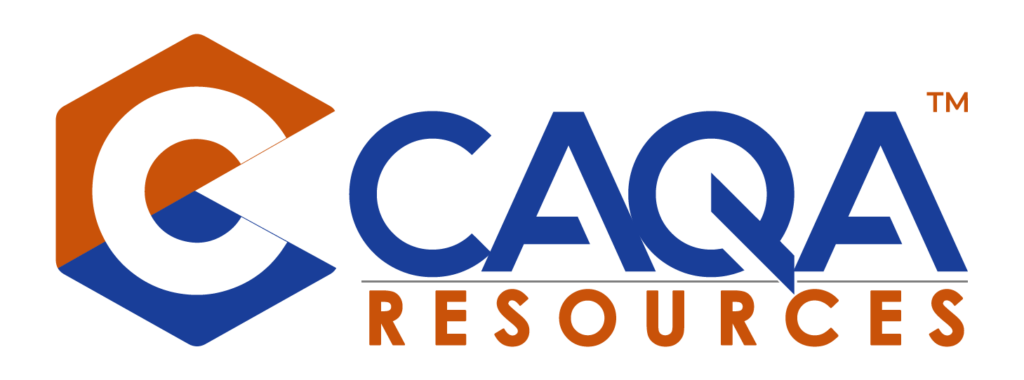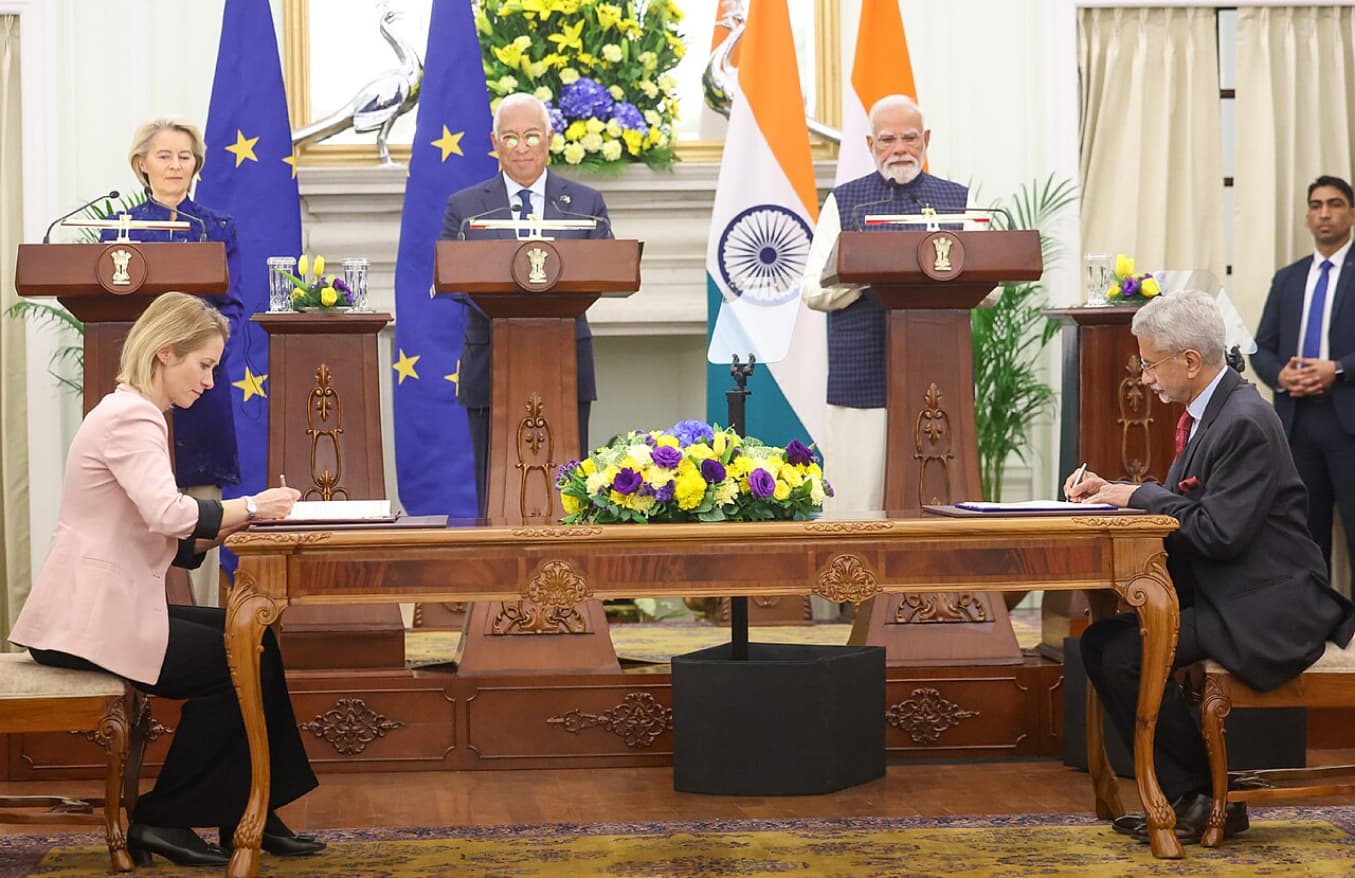Not all revolutions are loud. Some unfold in boardrooms, across audit tables, and within regulatory frameworks that shape educational institutions. Compliance is not just about following rules—it is the foundation that ensures quality, protects learners, and enables institutions to fulfill their true purpose. But compliance does not transform education on its own; it needs visionaries. It needs those who see beyond checklists and regulations, who understand that true compliance is not about control but about empowerment, integrity, and possibility.
Sukh Sandhu has never been one to follow conventional paths. He does not just work within systems—he reimagines them. From redefining regulatory approaches in education to pioneering AI-integrated compliance frameworks, he has always been drawn to challenges that demand both vision and practical solutions.
From Early Innovation to Global Impact
With over three decades of leadership across compliance, quality, and risk management, Sukh has carved out a distinguished presence in the education sector. As the driving force behind CAQA and Career Calling International, he embodies purpose, integrity, and an unwavering belief in education’s transformative power.
Sukh’s journey began remarkably early—teaching IT to engineers at just 14 years old. This early start in education laid the foundation for a career defined by continuous learning and reinvention. His academic achievements are extraordinary, holding over 10 Master’s degrees spanning law, business, information technology, and artificial intelligence, along with numerous professional certifications.
Rather than pursuing a single specialization, Sukh embraced multidisciplinary excellence. His legal training from the USA gave him insight into global regulatory frameworks, while his business education equipped him with strategic leadership skills. His technical qualifications in IT and AI have enabled him to design scalable systems that revolutionize how institutions approach compliance.
Today, as he champions system-centered auditing and ethical compliance frameworks, Sukh continues to inspire and lead, carrying forward the values of purpose over position, continuous learning, and an unwavering commitment to serving learners and institutions.
Journey Across Educational Landscapes
Sukh’s professional journey spans the full spectrum of education providers—from RTOs to TAFEs and universities—each adding new dimensions to his understanding of how education and compliance intersect. His experience with RTOs revealed the importance of speed and agility in responding to workforce needs, especially for vulnerable communities. TAFEs taught him about perseverance in resource-constrained environments while serving diverse learner groups. Universities showed him how to navigate scale and complexity when aligning research, teaching, and compliance requirements.
These diverse experiences have shaped his philosophy that regulatory excellence isn’t one-size-fits-all but requires flexible frameworks that accommodate diversity while maintaining high standards. His career has been marked by several defining moments, but one stands out—witnessing an RTO leader trembling with anxiety during an ASQA audit. This moment crystallized his realization that good providers are often judged not by their outcomes but by their ability to navigate regulatory complexity.
That epiphany became his mission: to build frameworks where compliance protects rather than punishes, where systems work for people, not against them. This mission has guided his development of CAQA into a space that delivers clarity, equity, and transformation for educational institutions.
Pioneering System-Centered Auditing
At the heart of Sukh’s contribution to the field is his pioneering approach to system-centered auditing—a model that fundamentally improves institutional accountability and efficiency. This approach replaces subjective interpretations with objective, repeatable processes, focusing on whether organizations have actionable policies, auditable systems, and traceable evidence.
“System-centered auditing is, in essence, about honouring the integrity of an organisation’s operations,” Sukh explains. “The goal is to move away from fear-based compliance toward a model where quality is embedded into everyday practice.”
The impact of this approach has been remarkable—at CAQA, his system-centered frameworks have halved audit preparation times while doubling compliance confidence. This transformation isn’t just about passing audits; it’s about creating systems that stand the test of time and truly serve their communities.
Throughout his work with regulatory bodies including ASQA, TEQSA, and CRICOS, Sukh has developed strategies for maintaining consistency in compliance while accommodating evolving regulatory changes. His modular, responsive systems allow institutions to implement compliance updates within hours rather than months—a level of agility that only works when built on a strong foundation of evidence-based policies and real-time data.
The Human Element in Compliance
Despite his technical expertise and system-building capabilities, Sukh emphasizes that culture is everything in building robust governance and risk management frameworks. “You can have the most well-written policy in the world, but if the people tasked with implementing it aren’t aligned with the values and vision behind it, it won’t matter,” he asserts.
His approach balances the growing automation in compliance with the irreplaceable human element. “The key is never to replace human judgment but to elevate it,” he says. “Compliance is not just about rules; it’s about interpretation, context, and intent. These are deeply human attributes.”
This philosophy guides how he designs systems that give automation the heavy lifting while reserving final decisions for those who can see the nuance. He invests heavily in capacity building, ensuring that as systems grow smarter, so do the people who use them. For Sukh, technology should never substitute for people—it should partner with them to make their work more meaningful.
The Future of Education Through a Compliance Lens
Looking ahead, Sukh envisions a monumental shift in how we understand, apply, and evaluate compliance, particularly with the integration of AI. “Artificial Intelligence is not just a technological upgrade—it’s a philosophical one,” he explains. “It changes the very nature of how risk is predicted and managed.”
He foresees systems that detect patterns of risk before humans see warning signs—tools that track anomalies in learner engagement, identify gaps in assessment mapping, or notify institutions about developing non-compliance trends before they become critical. This shift toward predictive compliance will redefine the auditing process from a retrospective effort into a proactive, real-time system.
Beyond AI, Sukh identifies blockchain technology as redefining credential verification, immersive learning environments offering scalable simulations for vocational sectors, and intelligent compliance systems integrating all facets of an institution’s quality framework. These innovations will allow providers not just to demonstrate compliance but to lead with it.
Global Perspectives and Collaboration
Sukh’s international qualifications, including his LLM from the USA and certifications in ISO standards, have given him crucial context for global compliance matters. This international perspective has enabled him to work with institutions worldwide—from Australian universities to training providers in Southeast Asia and migration consultants in Canada.
“Global collaboration is no longer optional—it is essential,” he emphasizes. Through his involvement with organizations like IEEE, ITECA, and AITD, he contributes to cross-border conversations that shape more holistic approaches to quality and risk. These networks allow for learning from different systems—Australia’s rigorous VET framework, Canada’s flexibility, Europe’s cohesive EQAVET framework, and Asia’s technological innovation in credentialing.
Recognition and Impact
Throughout his distinguished career, Sukh has received hundreds of awards, including the Burj CEO Award, the Mark of Excellence, and recognition on the Times Square Billboard. Yet he considers his most meaningful recognition to be his first public honor in his hometown—watching children realize that someone from their world could achieve something bigger.
“Each award is a reflection of the work, the sacrifices, the thousands of hours poured into reform, mentorship, and innovation,” he reflects. “But at the end of the day, the most meaningful recognition is the impact I’ve made. When a student from an RTO lands their first job, or a provider regains its registration because of our support at CAQA—those are the real trophies.”
A Legacy of Transformation with Integrity
As he looks toward the future, Sukh hopes to leave behind a legacy of transformation with integrity. “I want to be remembered not for how many audits I passed, but for how many systems I helped rebuild. For how many institutions I guided from fear to confidence. For how many learners found safer, stronger, and more empowering education because of the frameworks we designed.”
Through CAQA and Career Calling International, he has worked to redefine compliance—not as a burden but as a strategic enabler of equity, quality, and innovation. His dream is to leave behind a sector that no longer dreads audits but sees them as tools for continuous improvement.
On a personal level, Sukh wants the next generation of leaders—especially those from underrepresented backgrounds—to know that “greatness isn’t born from privilege, but from purpose.” His journey from teaching engineers at 14 to shaping global standards and policy reform across continents demonstrates what’s possible with determination and vision.
Guiding Principles for Excellence
Sukh’s relentless pursuit of academic and professional excellence is fueled by his belief that education is about transformation, not just qualification. “Growing up in a modest household in India, I saw how education could be the difference between limitation and liberation,” he shares. “My mother used to tell me, ‘Knowledge is the only wealth that cannot be taken from you.’ That idea shaped me.”
His multidisciplinary approach to problem-solving allows him to analyze issues through multiple lenses—legal, technical, business, and educational. This integration of perspectives has become one of his greatest strengths as a consultant and strategist.
Throughout his career, Sukh has been guided by the philosophy that “systems should serve people—not the other way around.” He advocates for standards that elevate rather than stifle, believing in “compliance with compassion” and that regulation must be rigorous yet relevant. He operates by a mantra his mother gifted him: “If you help one, you help a hundred”—a principle that drives his extensive mentoring of the next generation of compliance leaders and educators.
As he inspires ethical leadership in organizations, Sukh focuses on modeling integrity rather than just speaking about it. He guides leaders to reflect on harder questions: “Are we acting in the best interest of learners?” “Are our decisions driven by transparency, or convenience?” Through this approach, he builds cultures of accountability from the ground up, developing leaders at every level who are courageous enough to do what’s right, even when it’s difficult.







